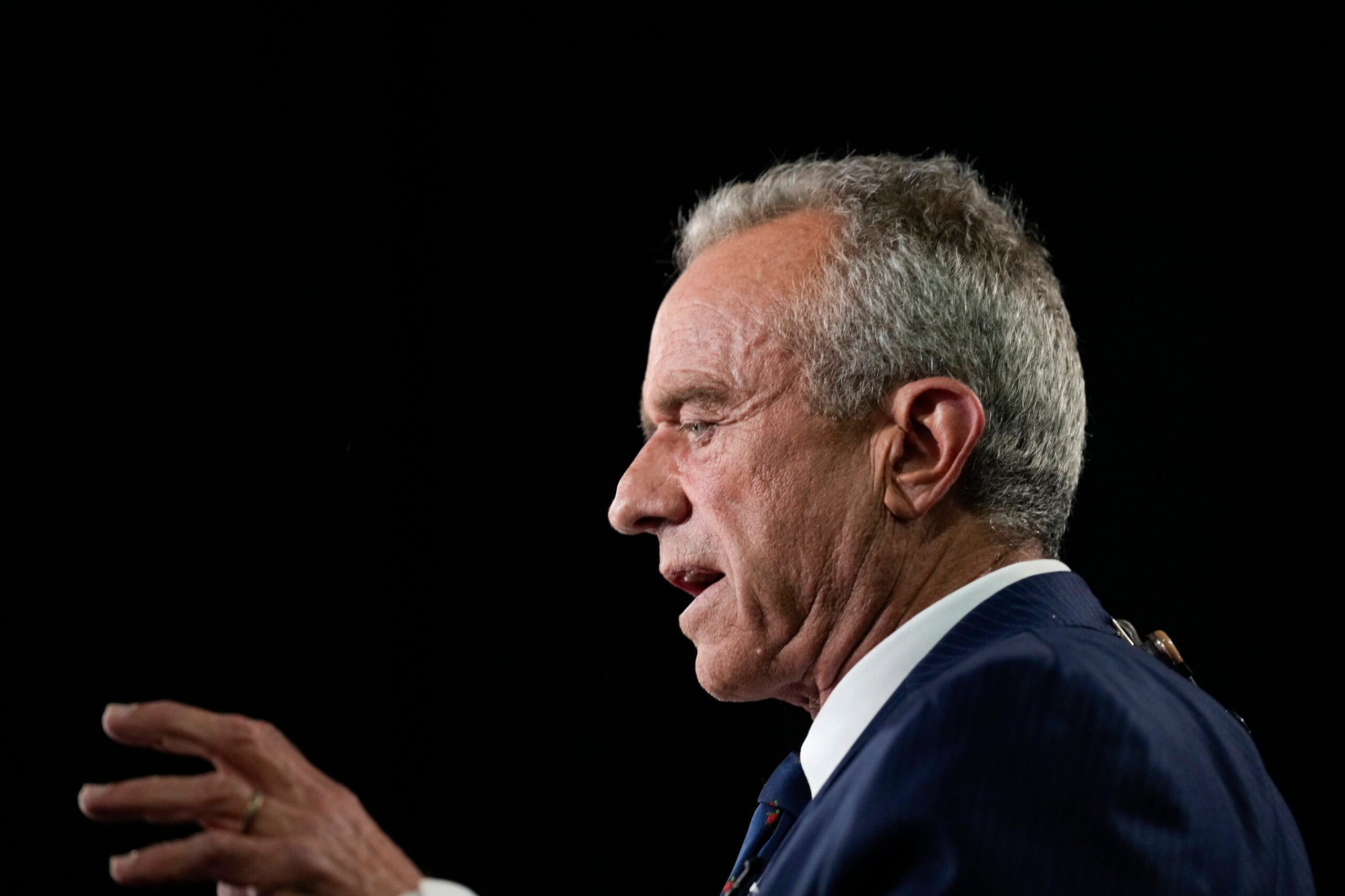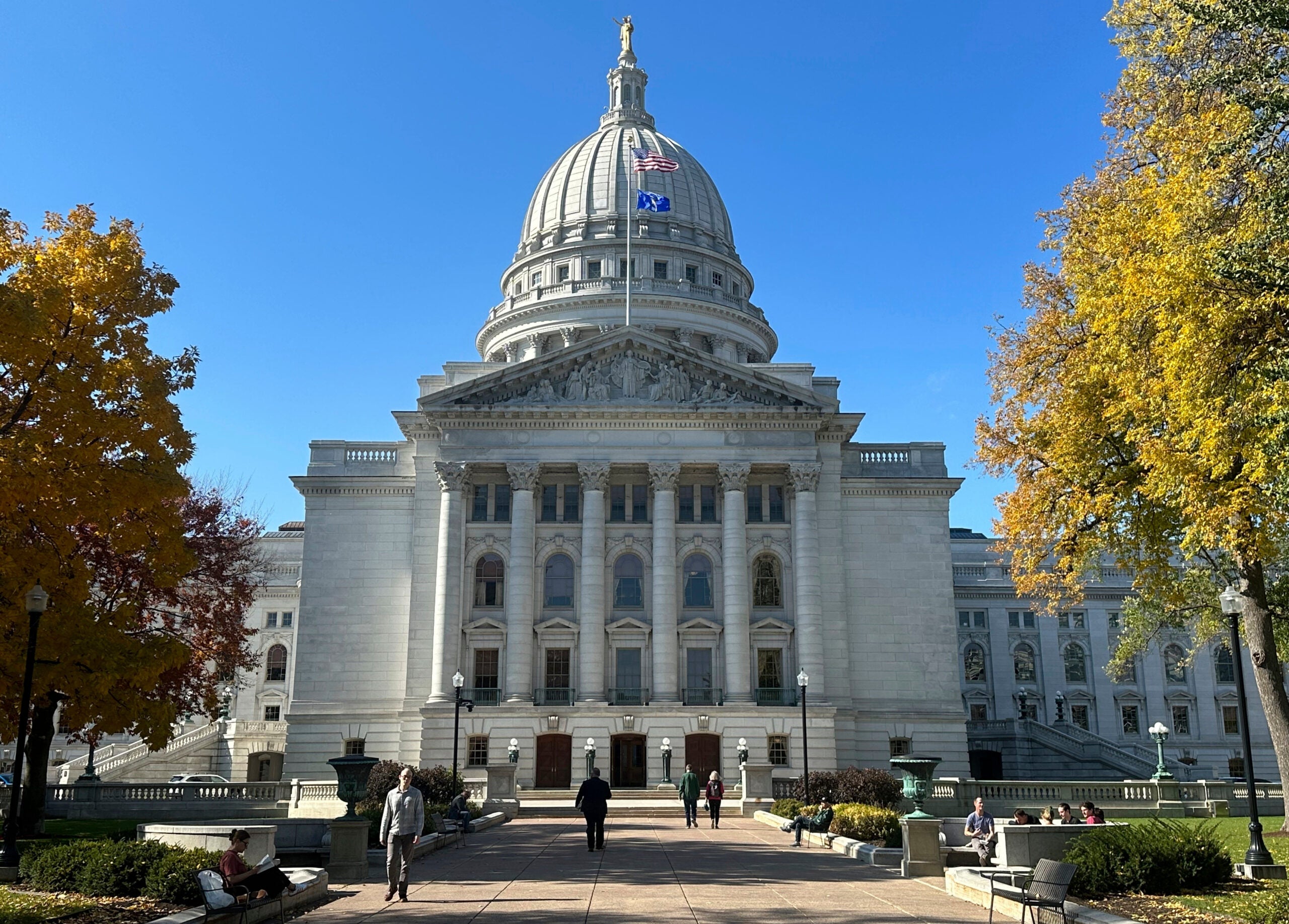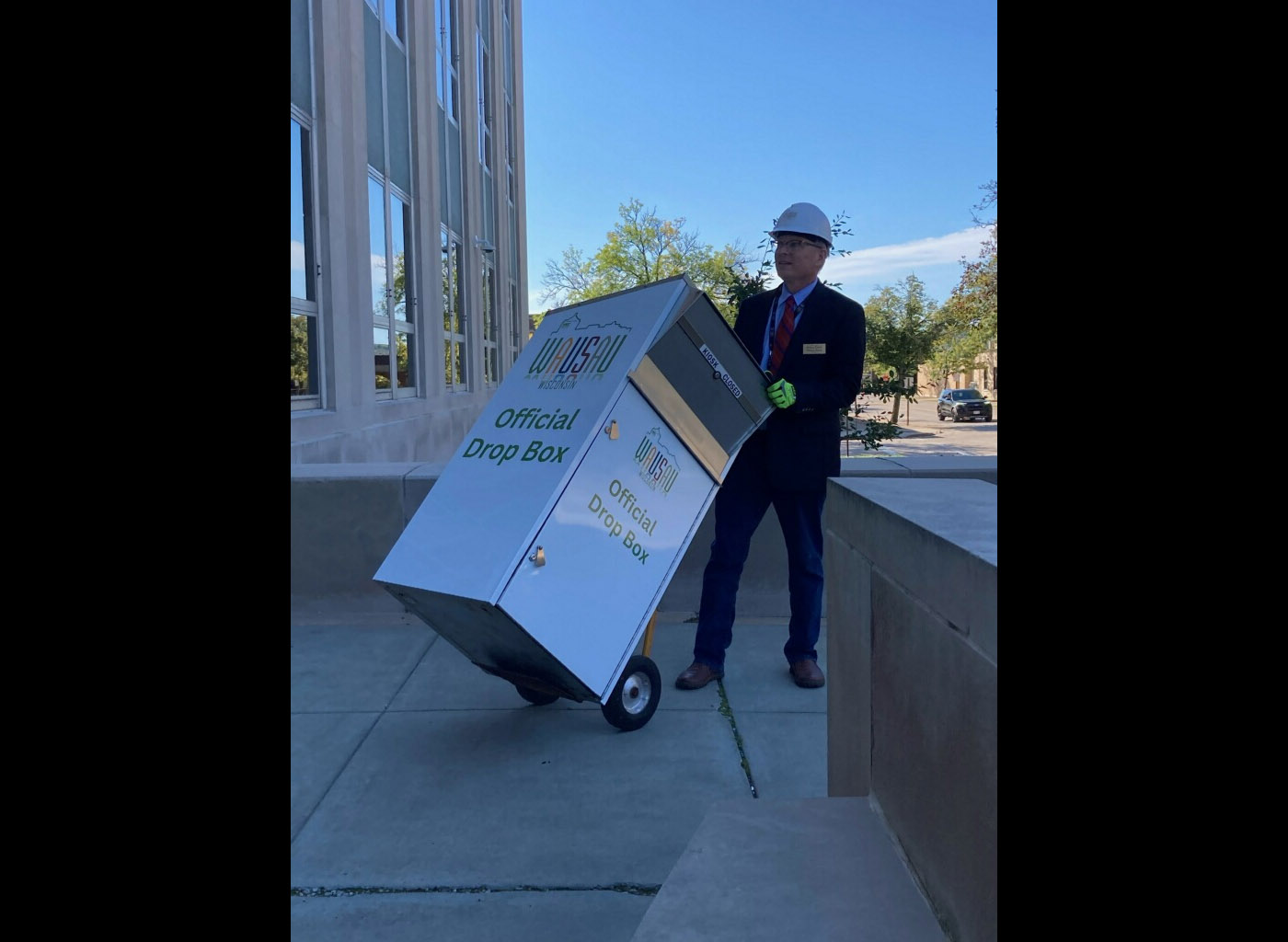Wisconsin election officials are asking the state Supreme Court to decide whether Robert F. Kennedy Jr.’s name should stay on the presidential ballot.
In a filing Thursday, the Wisconsin Election Commission asked the liberal-controlled Supreme Court to take up the case directly, bypassing the appellate court. The commission argues the case needs a fast, final resolution, since local clerks are now sending out absentee ballots with Kennedy’s name.
Local clerks began sending out absentee ballots on Thursday for voters in all 72 counties and overseas. As of 7:30 a.m. Thursday, 343,742 ballots had already been sent out, according to the WEC filing.
News with a little more humanity
WPR’s “Wisconsin Today” newsletter keeps you connected to the state you love without feeling overwhelmed. No paywall. No agenda. No corporate filter.
Kennedy’s attorney Joseph Bungi filed a response to the Supreme Court demanding they deny the bypass request, calling it premature.
Bungi argues briefs in the case have not even been filed, so it would be a waste of the court’s time to even review the case.
Kennedy suspended his campaign in August and endorsed Donald Trump. He has been trying to get his name off ballots in key battleground states like Wisconsin.
A Dane County judge ruled Monday that Kennedy must stay on the ballot. That ruling upheld an earlier decision by the elections commission, which said state law mandates that approved candidates can’t get off the ballot unless they die. A Waukesha-based state appeals court agreed Wednesday to hear a lawsuit seeking to remove his name.
Kennedy has proposed local clerks cover his name on the ballot with stickers.
In its filing, the Wisconsin Elections Commission said that solution would ignore state law and force clerks to spend “tens of thousands of hours” creating and affixing stickers, causing a “logistical nightmare,” that could threaten the accuracy of the election results.
“Kennedy’s temporary injunction motion did not begin to justify such a poorly conceived remedy, and the circuit court appropriately exercised its discretion in denying it,” WEC’s petition to the Supreme Court states.
Wisconsin Public Radio, © Copyright 2025, Board of Regents of the University of Wisconsin System and Wisconsin Educational Communications Board.







